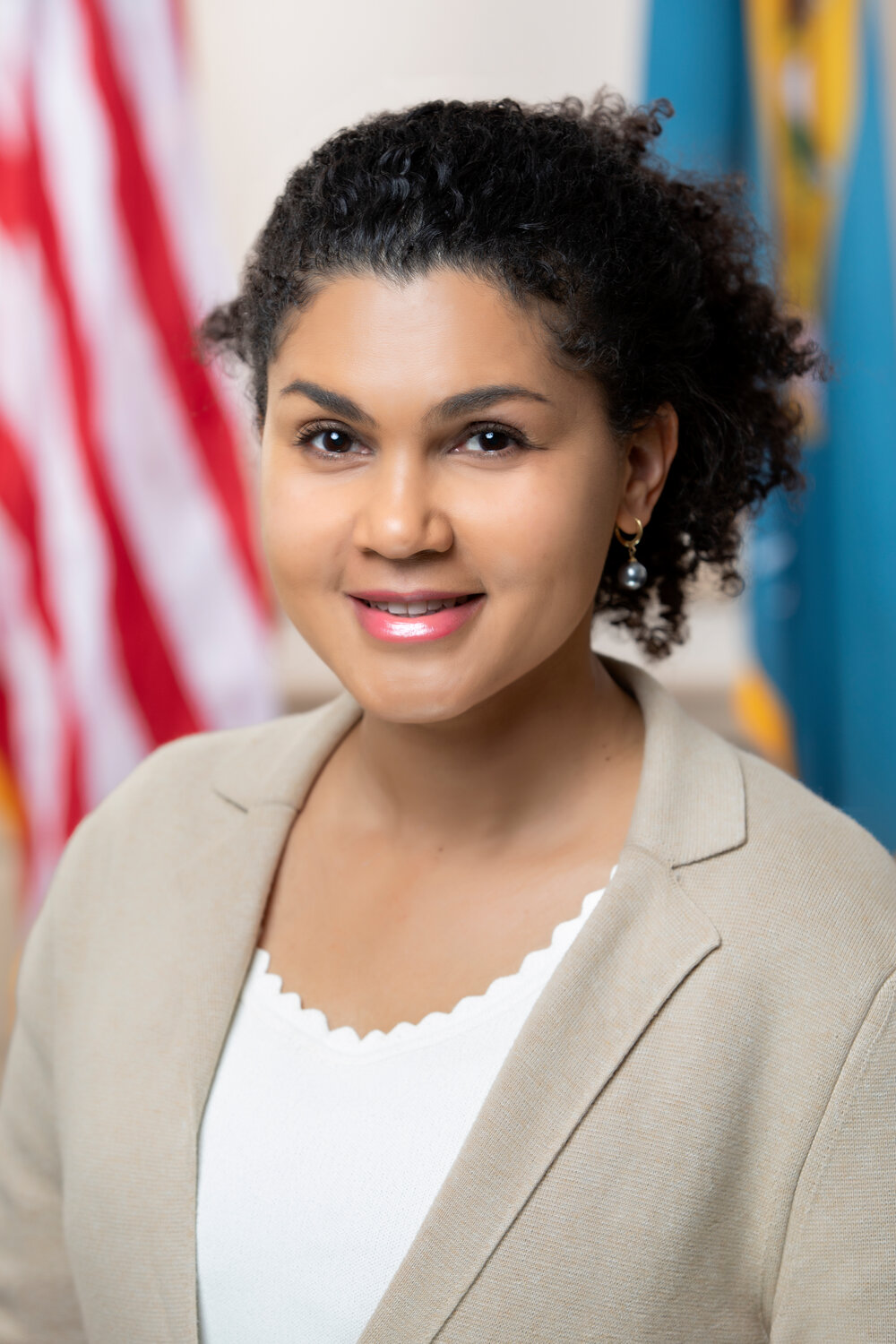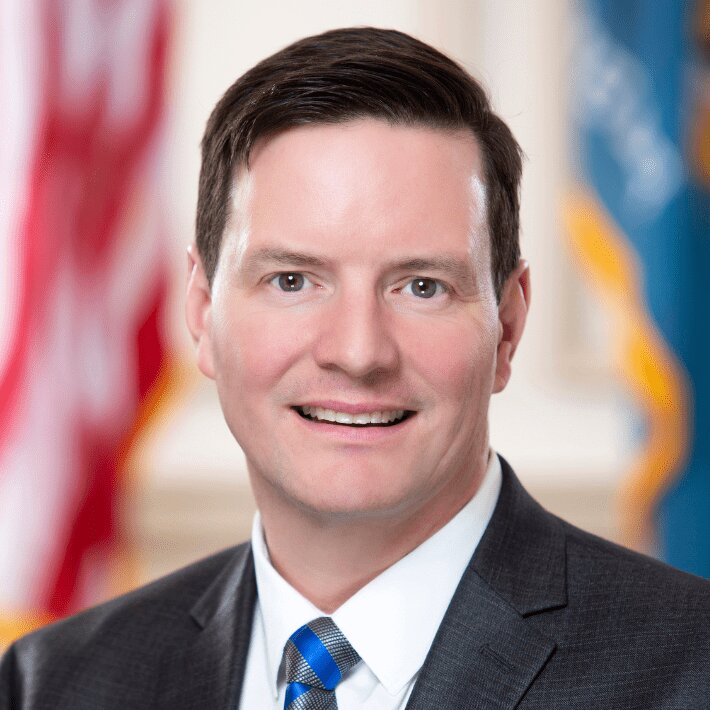Wilmington educational equity groups seek funds for wraparound services, teacher development
The Redding Consortium and the Wilmington Learning Collaborative are two educational vehicles that prioritize equity and positive outcomes for students in Delaware’s largest city.

You must be a member to read this story.
Join our family of readers for as little as $5 per month and support local, unbiased journalism.
Already a member? Log in to continue. Otherwise, follow the link below to join.
Please log in to continue |
Wilmington educational equity groups seek funds for wraparound services, teacher development
DOVER — The Redding Consortium and the Wilmington Learning Collaborative are two educational vehicles that prioritize equity and positive outcomes for students in Delaware’s largest city.
For low-income children living in Wilmington and northern New Castle County, a top contributor to success is a support system for them, as well as for their families.
That message was underscored during the entities’ Joint Finance Committee hearings Wednesday, during which their leaders presented fiscal year 2025 budget requests of $10.2 million and $16.3 million, respectively.
Redding Consortium co-chairs Senate Majority Whip Elizabeth “Tizzy” Lockman, D-Wilmington, and Matt Denn, a longtime state elected official, noted that 92% of the group’s fiscal priorities center around two programs that will be in focus in the coming years.
This includes $5.7 million for wraparound services and student health programs at New Castle County elementary schools whose populations have high percentages of individuals living in poverty, as well as $3.7 million to expand part-day pre-K programs to full day and to raise pre-K educator salaries.
Mr. Denn said such wraparound resources involve learning support before school begins; after-school and summer programs for tutoring, mentoring and career readiness; local trips to provide students work opportunities; and additional social-emotional learning assistance.
Further, funding for full-day pre-K will target children in feeder patterns of high-poverty elementary schools in New Castle County.
“The research that’s summarized in the (consortium’s 2020 annual report) tells us that good, robust programs provide tangible results in students, especially students who live below the poverty line,” Mr. Denn said.
In addition, the Redding Consortium’s educational measures have served as a model in the statewide expansion of Delaware’s Early Childhood Assistance Program, Mr. Denn said, as the same levels of reimbursement and full-day growth have been made available to each initiative in the state.
Regarding the request, Joint Finance Committee chair Sen. Trey Paradee, D-Dover, expressed concern that, despite significant investments in the Early Childhood Assistance Program and Purchase of Care in recent years, “we’re not moving the needle that much in terms of data.”
He referenced third grade reading levels — a data point valued by educational and legislative leaders. In 2023 assessments, those numbers were down 2% year-over-year and 13% from pre-pandemic levels in 2019.
“I think we need to do a better job of tracking these kids and specific to the various providers that we have up and down the state with ECAP and Purchase of Care … to, after a point of time, be able to point to the programs (and) facilities (and) providers that are really doing a great job,” Sen. Paradee said.
Of the remaining 8% of the Redding Consortium’s FY 25 requests, $370,000 would fund an educator scholarship program that allows teachers at 14 high-poverty Wilmington schools to obtain degrees at in-state higher education facilities.
The effort serves as an incentive to work at these schools, Sen. Lockman said, and to date, 200 scholarships have been awarded.
With about $2 million in carryover funds from last year, a portion of those monies will be used for the Whole School Professional Development teacher-leader program, which provides educators training and resources.
“We will not only ensure that all students have access to effective teachers who can promote equitable learning for all but that all students will have access to great teachers and (that) the educator workforce is strengthened and retained,” Sen. Lockman said.
Meantime, while the Redding Consortium serves city schools beyond the Wilmington Learning Collaborative’s purview of the Brandywine, Christina and Red Clay school districts, the groups are streamlining their efforts.
Similar to the consortium’s proposals, the collaborative’s executive director Laura Burgos outlined requests of $1.6 million for its teacher-leader program, $1.3 million for professional development and $558,000 to provide educator pathways for elevation.
These initiatives contribute to the pipeline of future school leaders, Ms. Burgos said, in addition to creating strong peer support to best serve Wilmington communities.
Further, these requests would address recruitment and retention in light of the nationwide teacher shortage, which is also impacting the state. Among the nine Wilmington Learning Collaborative schools, there are a combined 50 vacancies, she said.
Ms. Burgos suggested looking at avenues like Teach for America for hiring or the creation of a steering committee solely focused on addressing staff openings in the collaborative’s schools.
“Honestly, vacancies in WLC schools shouldn’t exist because every district should be prioritizing those vacancies over all others,” she said. “None of these solutions are the one-all, end-all. (It’s) kind of a multipronged effort around … creating the identity and the profile for the teachers that we’re looking for, (while) focusing on our WLC communities.”
Joint Finance Committee hearings will continue through February ahead of the entire General Assembly’s return to Legislative Hall on March 5.





 By
By 



